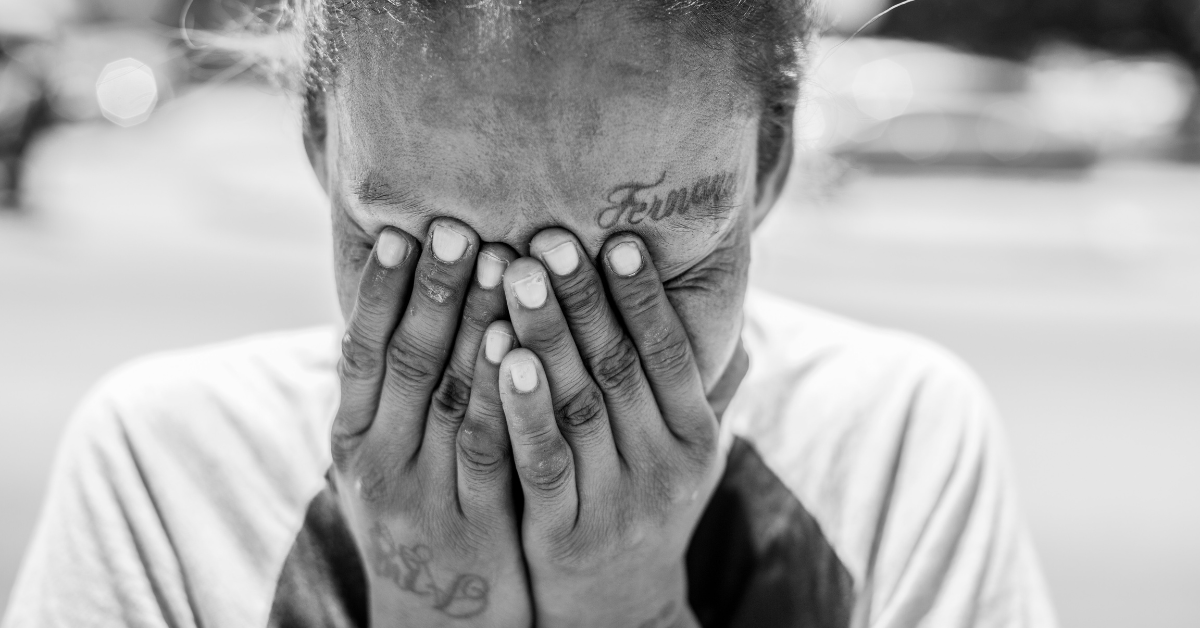Addiction is a chronic disease that affects many Americans. It’s different for everyone, but the one thing all addicts have in common is that they are powerless over their addiction. Supporting your loved ones through addiction can make all the difference in the success of their recovery. If you have a family member struggling with addiction, or an addicted loved one, learning the signs of active use is an important tool to have.
Table of Contents
ToggleWhat Does it Mean to be Addicted?
Typically addiction is classified as a condition where someone uses drugs or alcohol habitually, and can’t stop even though they are experiencing negative side effects. A person suffering from an alcohol, or substance use disorder is completely powerless over their desire to use. They put everything on the back burner and put their addiction as the top priority.
Signs and Symptoms of Addiction
There are many symptoms and signs your loved one is on drugs or suffering from an addiction. Trying to determine if someone is suffering from a substance or alcohol use disorder can be challenging. It’s nerve-wracking trying to decide what addiction is, and what is just recreational use. There are a few surefire ways of recognizing the signs of addiction, though.
Behavioral Signs and Symptoms
Behavioral changes usually occur before any physical changes. So paying attention to the attitude and daily life of someone you suspect may be addicted can help you notice these changes.
A few addictive behaviors you could look for are:
- A loss of interest
- Reclusive behavior
- Lying
- Missing work or other commitments
- Unexplainable financial issues
- Changes in eating or sleeping patterns
- Wearing longer sleeves or gloves to cover needle marks on their veins
Physical Signs and Symptoms
Physical changes are what happens next. It can be drastic such as an enormous weight loss, or it can be subtle like darker circles around the eyes. Some other physical signs of addiction could be:
- Voice changes
- Scarring from needles
- Deep scratches on body or face
- Sunken eyes or cheeks
- Pale complexion
- Bloodshot eyes
- Bloody noses
Noticing a few of these changes should be a concern, and brought up carefully so as to show support, not an accusation.
What is the Addiction Cycle?
The normal addiction cycle includes binging/intoxication, negative effects/withdrawal, preoccupation/anticipation, and repeat. This isn’t to say it is impossible to get out of the cycle, it is just vicious and difficult to get out of once someone is in it.
Binging/Intoxication Stage: reward, incentive attraction, and pathological habits
During this stage, a person experiences the gratifying effects of a substance, such as peace, less stress or anxiety, and a jovial feeling. Habitual activation of the basal ganglia’s reward system reinforces substance use. This makes the person want to continue their use. This part of the brain controls motivation and the forming of habits.
Habitual use can also change the way a person processes stimuli from drinking alcohol or using drugs. This is when triggers can form, such as people, places, and things that remind them of using. After a while, these triggers can make it hard to control their urge to use.
Negative Effects/Withdrawal Stage: reward deficits and stress increase
When someone stops using a substance they became a habitual user of, they experience the opposite of what the substance made them experience during active use. These symptoms are physical, as well as emotional.
The negative feelings from withdrawal are thought to come from two sources. First, a reward deficit happens. It’s when the brain doesn’t process pleasure the same way which makes it difficult for everyday life to feel fulfilling. Second, stress increases. This makes anxiety and irritability higher. At this stage, a person doesn’t use substances for pleasurable effects, but rather to keep the negative effects at bay.
Preoccupation/Anticipation Stage: craving, impulsivity, and executive function
This is the stage where someone would use a drug or alcohol again after a period of abstinence. This is often when obsession kicks in. Becoming preoccupied with finding the drug or alcohol, and looking forward to the next time they can consume it.
The part of the brain that is responsible for executive functions like the ability to organize thoughts and activities, manage time, or prioritize tasks is compromised in people experiencing addiction. During this stage, the person suffering from a use disorder will experience a lack in these areas.
Repeat
Because this is a cycle, it gets repeated until the person suffering from a use disorder decides they need help, get the help they need, and follow a path of recovery. This can be done in many ways, but the help of loved ones is necessary for success.
What Can Be Done to Help an Addict?
If you notice someone suffering from an addiction, your natural reaction is to want to help them. There are several things you can do to support a loved one during this challenging time in their life. Support is best received when given with love, and kindness, rather than accusations and anger.
Intervention
You could stage an intervention to show the addict they are loved, and their loved ones have noticed they need help. Keeping the addict’s mental health in mind is also important. Damaging their self-worth in the process of an intervention is a risk, but it can be mitigated if it is planned carefully, and done in a neutral location.
Gentle nudging to admit there is a problem
Addiction affects the family, and loved ones so, gently reminding someone that you are there for them, and can help them when they are ready is a start to healing. Step 1 (admitting they are powerless over their addiction) is the very first part of receiving the help they need.
Contact Agape Detox to ask questions you may have
Contacting a facility can be a great way to get your questions answered. They have highly trained admissions counselors that can help you plan what to say to your loved one, and how to get them to treatment.
Supporting Your Loved Ones at Agape Detox Center
There are many treatment programs at Agape Detox Center in Port St. Lucie, FL. They provide medical detox, dual diagnosis options, and holistic treatment. Everyone’s road to recovery is different so creating an individualized plan is paramount for success.

Stephanie Catalano is an accomplished Clinical Director at Agape Behavioral Healthcare. With a Master of Social Work degree, LCSW license, and extensive training in Rapid Resolution Therapy under her belt, she brings a wealth of expertise to her role. Her unique combination of education and experience allows her to provide exceptional care to clients and lead her team with confidence. Stephanie’s joy comes from witnessing the moments when her patients creatively connect the dots and bravely move toward reclaiming their power. Her purpose is to help individuals understand their past so they can create a future full of hope, growth, and success. Stephanie attributes a large portion of her success to the supportive culture and strong sense of community fostered by the Agape team.




